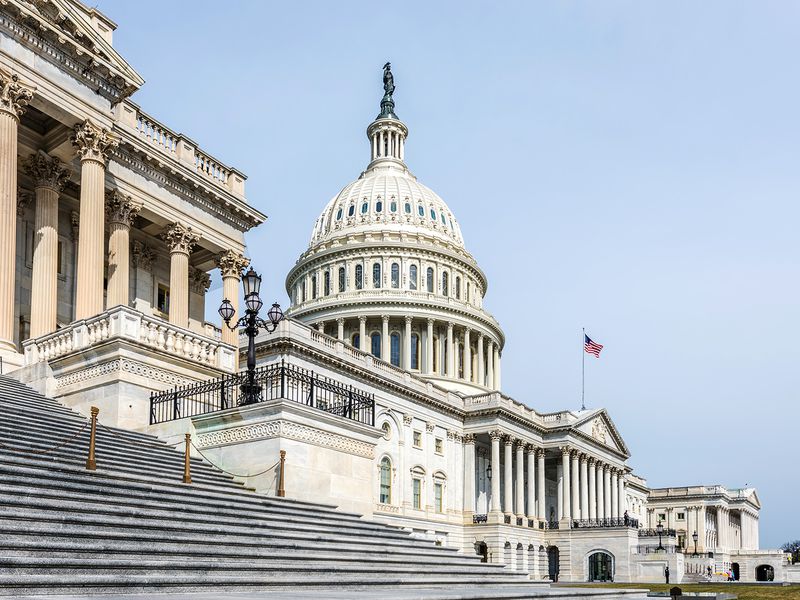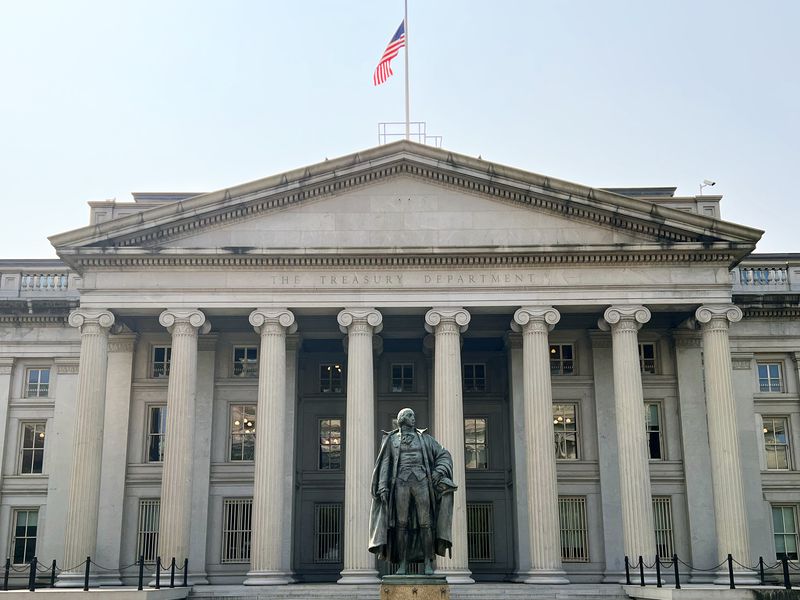The US Can Make Bitcoin Mining Greener
With companies like Square announcing environment-focused mining initiatives, the U.S. can take the lead in reducing bitcoin’s carbon impact.

The US Can Make Bitcoin Mining Greener
The incoming administration of Joe Biden has an opportunity to take the global lead in green mining for digital assets. It is no secret that there is a geopolitical struggle brewing over new forms of cryptocurrencies – both state-backed and private – and the best location for new capital formation and technological advancements. To win this global competition, the new U.S. government must ensure more regulatory clarity for digital assets while also ensuring that the mining process, a tremendous drain on energy resources and a contributor to global warming, is done in an environmentally sensitive way.
Some of the new administration’s leaders should work together to make policies to encourage development in this burgeoning industry. The expected ascension of Gary Gensler, a former chairman of the Commodity Futures Trading Commission, to lead the Securities and Exchange Commission augurs well for a more enlightened and proactive approach by regulators concerning digital assets. After all, he just finished teaching a course on blockchain at MIT, sees the technology as a “catalyst for change,” and is viewed as a threat to the legacy financial system. That’s all good for the disruptive financial technologies.
James Cooper is a Professor of Law and Associate Dean of Experiential Learning at California Western School of Law. He is moderating a panel for Digital Davos on Jan. 20 on ethics and technologies in developing countries.
Also, the naming of former Secretary of State John Kerry to a cabinet-level position as Special Presidential Envoy for Climate, is a signal of the new administration’s commitment to tackling global climate change. He understands the importance of cryptocurrency. At the World Economic Forum three years ago this week, Kerry was quoted as saying cryptocurrency has “got value.” Together, these two appointees can ensure the country leads fintech development while preventing crypto mining from contributing to more greenhouse gases.
A raft of projects abroad are already primed for success in the green mining space and can act as models for the United States. In 2019, Bitfury set up mining centers in Paraguay, home to South America’s biggest hydro-electric project – the Itaipu Dam – the world’s largest generator of renewable clean energy. The government in Asunción has backed the Commons Foundation’s Golden Goose project, in its attempt to establish the region as the world’s largest crypto mining center. But there is a challenge to keep the Paraguay project itself from contributing to greenhouse gases given the intense heat that the tropical country faces year round. It would be counter-productive to use a lot of energy to cool the computers even if the energy was being produced by renewable sources.
Cost-effective mining centers based on renewable energy have also been established in Russia’s frozen lands of Siberia. The city of Norilsk is home to the mineral mining behemoth Norilsk Nickel but increasingly bitcoin mining is becoming an important economic driver. With temperatures in winter bottoming out at minus 40 degrees Celsius (which is roughly minus 40 degrees Fahrenheit), this is a perfect climate by which to keep computing machines cool. It’s a lot cooler than Paraguay for sure.
Nor should we forget about China, the home to over half the bitcoin miners in the world, the majority of whom are situated in Sichuan due to low energy costs, powered by hydro-electric facilities. That the area has recently suffered some of the worst flooding in 70 years, largely due to climate change, shows that irony is as much at play here as hash rates. Poolin, which controls the majority of BTC hash rate, has had trouble with consistent energy supplies and some of its mining farms have been inundated by monsoon floods. Even with the province’s vast hydro-electric capabilities, the authorities in the People’s Republic of China have generally banned the digital asset industry – shuttering mining, exchanges and industry conferences.
A more secure and geographically proximate project is rolling out near the Churchill Falls hydro-electric plant in Labrador, a remote part of Eastern Canada. Pow.re, a Montreal-based company with investors from Asia, is taking advantage of the stranded energy that NL Hydro generates. This hydro-electric facility is long past emitting mercury traces, so the project meets many environmental protection and sustainable development goals. The temperature rarely exceeds 60 degrees Fahrenheit in the summer, ensuring that the machines stay cool. The only source of waste is heat – which is a luxury in the sub-Arctic region where they are mining.
The United States has much to learn from such foreign green mining projects. There are some new initiatives to encourage bitcoin mining stateside (including a new legislative bill in Kentucky to provide state tax incentives), but many of these are not green and may contribute to the earth’s warming. Coal-fired power plants supply 73% of Kentucky’s electrical generation, for example, dulling the greenness of that project. (Layer1’s mining project in Texas, by contrast, is prized for its environmental performance.)
And while bountiful and clean electricity are critical to providing hash rates that are cost effective and have little environmental impact, so are champions in major policy-making positions. The combination of Gensler and Kerry in the Biden administration can help position the United States at the forefront of green mining. President Biden promised to “build back better.” Green mining is one such way. Private companies are getting in on this opportunity too: Square Crypto recently announced a $10 million fund to promote projects that use green energy for bitcoin mining.
The U.S. government has much to gain by providing regulatory clarity for fintech and environmentally sound policies for cryptocurrency mining. If it does not, there are plenty of other countries to take the lead and profit accordingly.









